Awareness and Prevention Programs
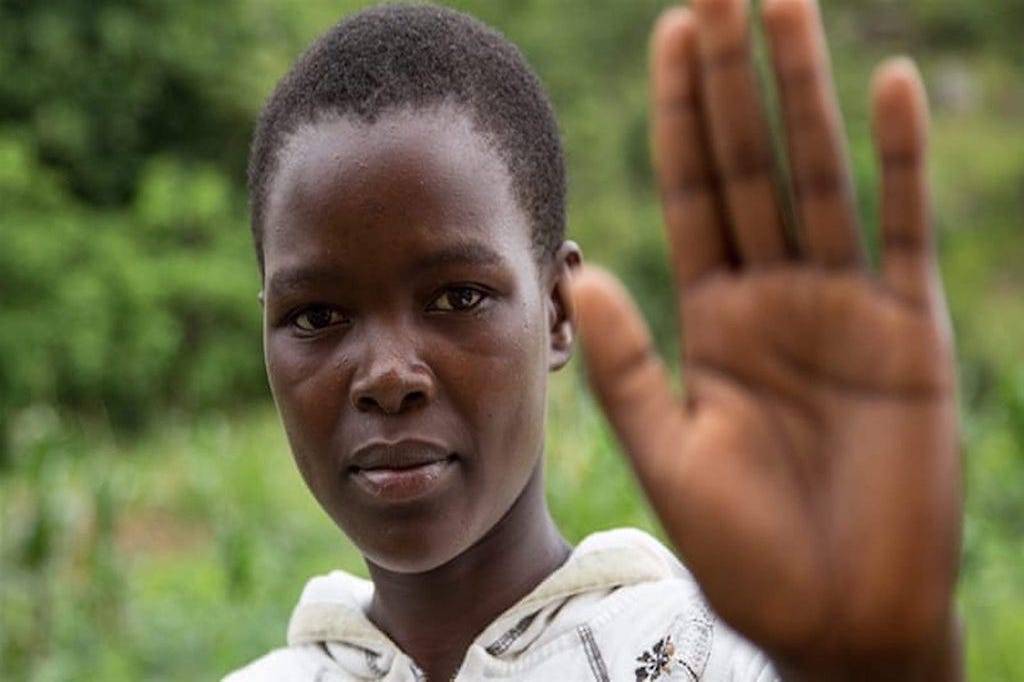
Protecting vulnerable youth is a shared responsibility for all members in a community. Domestic violence is a devastating social problem that affects every segment of the population, regardless of age, gender, sexuality, or ethnicity. The root causes of such are various and are often found in underlying issues, which eventually leads to the attention of the child welfare systems, creating great rifts within families. Through campaigns and information, we aim to make a difference. Children need not only be protected from abuse, but those who have sadly been exposed to it need adequate services to overcome their trauma and have a way forward. By providing services for affected children and also their families, we aim to empower the youth within our communities.
Find out how you can help:
bernadette@impact4a.org
Find out how you can help:
bernadette@impact4a.org
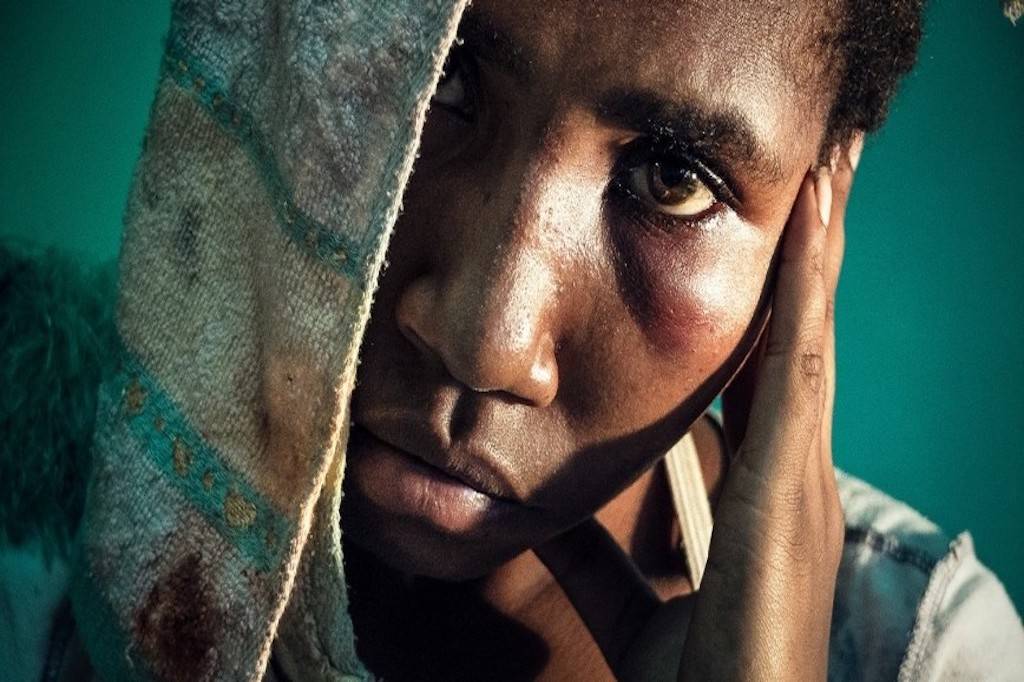
With support and the value and contribution of the GBVCC the Department of Social Development we have a Gender Based Violence and Victim Empowerment Programme that focuses on transforming people’s attitudes, practices, and behaviour change.
Gender-based violence (GBV) is a profound and widespread problem in South Africa, impacting on almost every aspect of life. GBV (which disproportionately affects women and girls) is systemic, and deeply entrenched in institutions, cultures, and traditions in South Africa.
Much of our effort in South Africa has been focused on response. However – our response efforts need to be supported and complemented by prevention programming and policy development. By addressing the underlying, interlinked causes of GBV, we can work towards preventing it from happening in the first place.
Our programme focuses on victim-centred approach to crime and strives towards developing knowledge of victim issues, strengthening resources, addressing needs of the victims, and stimulating volunteer participation and prevention of secondary victimisation etc.
With-in our gender-based violence program we aim to reduce such incidences trough educational programs, campaigns, and victim empowerment:
Our team assists those who are affected with psychological support and is referring to other organisations where needed. We are campaigning against gender-based violence to raise awareness and organise community dialogues to discuss and raise issues. For the victims we organise talk groups.
Learn more about how to get involved:
bernadette@impact4a.org
Gender-based violence (GBV) is a profound and widespread problem in South Africa, impacting on almost every aspect of life. GBV (which disproportionately affects women and girls) is systemic, and deeply entrenched in institutions, cultures, and traditions in South Africa.
Much of our effort in South Africa has been focused on response. However – our response efforts need to be supported and complemented by prevention programming and policy development. By addressing the underlying, interlinked causes of GBV, we can work towards preventing it from happening in the first place.
Our programme focuses on victim-centred approach to crime and strives towards developing knowledge of victim issues, strengthening resources, addressing needs of the victims, and stimulating volunteer participation and prevention of secondary victimisation etc.
With-in our gender-based violence program we aim to reduce such incidences trough educational programs, campaigns, and victim empowerment:
Our team assists those who are affected with psychological support and is referring to other organisations where needed. We are campaigning against gender-based violence to raise awareness and organise community dialogues to discuss and raise issues. For the victims we organise talk groups.
Learn more about how to get involved:
bernadette@impact4a.org
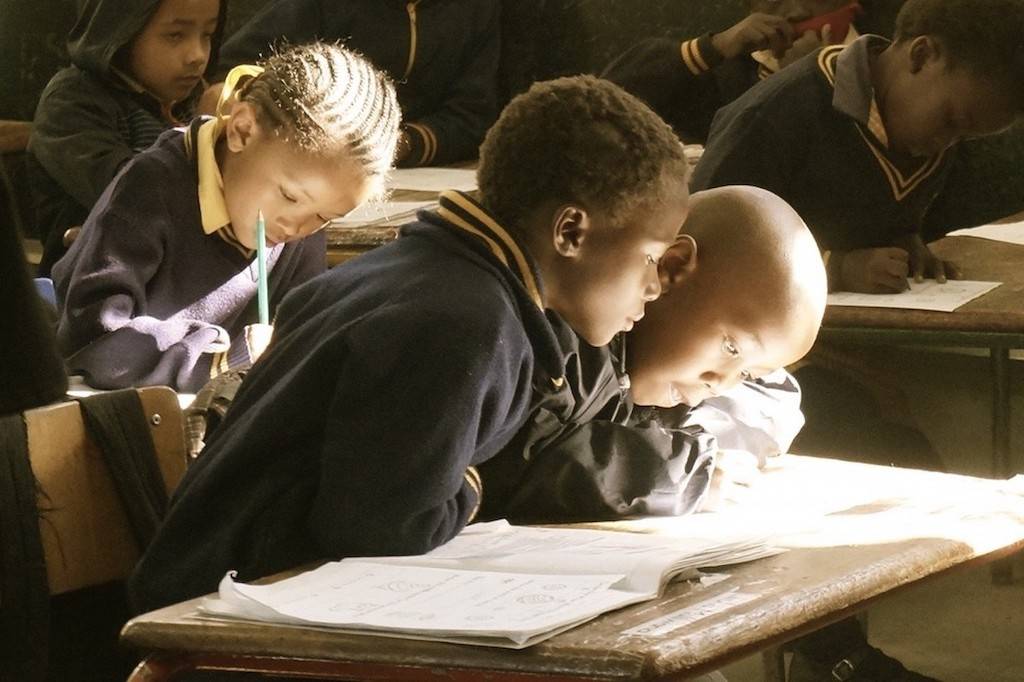
Many of our cases are first made aware to us during our group programs. Talking about harmful actions and unhealthy social structures can often help individuals recognize the problematic behaviors in their own social environment. Giving them such a space to discuss and learn from others will give them the tools and social skillsets to improve their situations and their behavior towards others. It also allows individuals who are victim to injustices to identify them as such and seek help. Whenever programs are carried out in schools or the community, our social workers will therefore always follow up with cases that they have become aware of during the initial program times.
Find out how you can help:
bernadette@impact4a.org
Find out how you can help:
bernadette@impact4a.org
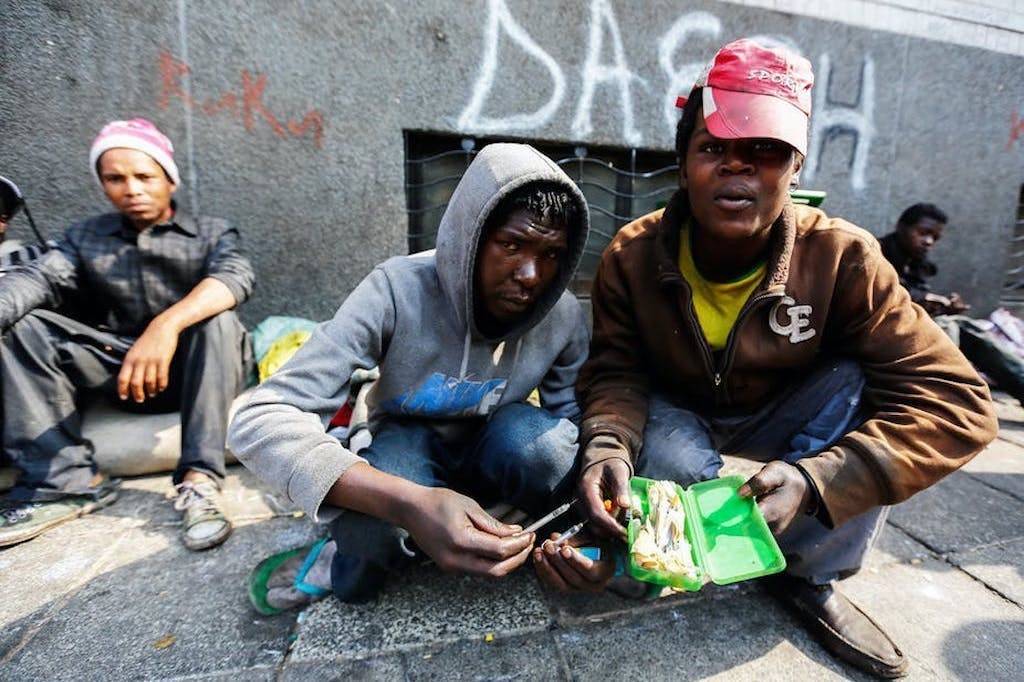
With our substance abuse programs we visit schools and teach kids about the dangers of substance abuse. Data from research suggested that early intervention, even before high school, makes a big difference to the drug problem in South Africa. A child that starts smoking cigarettes at an early age is more likely to get into alcohol or illegal drugs when he/she is older.
Our substance abuse programs involve intervention, educating and organising dialogues. We get involved in communities, at schools and with families.
Find out how you can help:
bernadette@impact4a.org
Our substance abuse programs involve intervention, educating and organising dialogues. We get involved in communities, at schools and with families.
Find out how you can help:
bernadette@impact4a.org
Intervention: Counselling and Case work
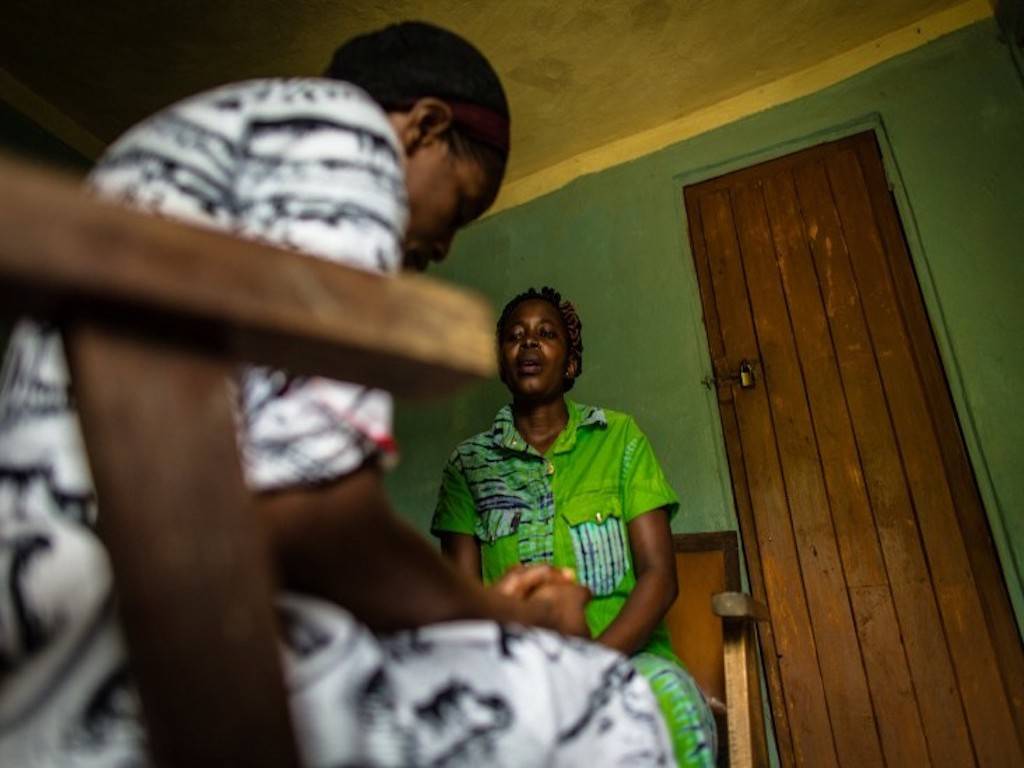
We attempt to ensure that our clients receive all the services they need in a timely and appropriate fashion. To achieve that, our social workers follow an established Case work Intervention Process Flow, which includes various steps to reach and improve the client’s life’s.
After the initial contact and the assessment of the issues being faced, an individualized intervention plan is worked out, to effectively improve the client’s situation. Each person is different and has their own hardships, so it is important to be careful and not advance to standardized. Nevertheless, we rely on such processes to follow success proven case work models.
After the initial contact and the assessment of the issues being faced, an individualized intervention plan is worked out, to effectively improve the client’s situation. Each person is different and has their own hardships, so it is important to be careful and not advance to standardized. Nevertheless, we rely on such processes to follow success proven case work models.
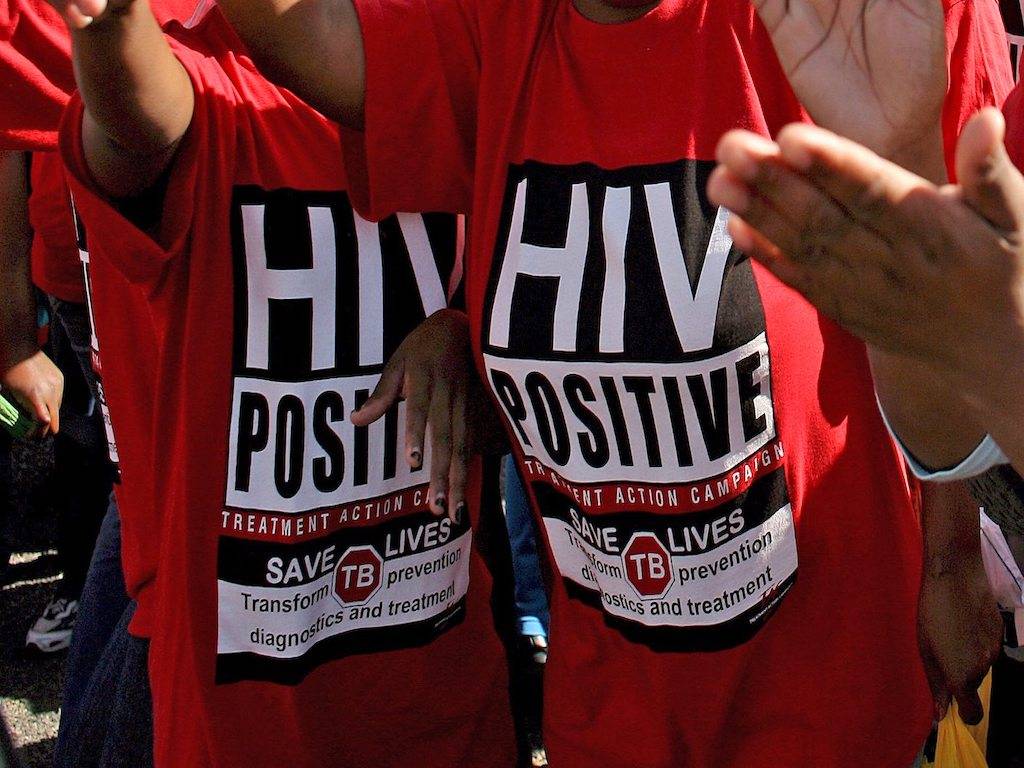
In between June 2014 and June 2015, the population-weighted HIV prevalence was 36·3% in KwaZulu Natal. This rate has been found to be relatively equal still in recent years, making the relevance of counseling blatantly obvious.
HIV counselling is a confidential dialogue between a client and a counsellor aimed at enabling the client to cope with stress and take personal decisions related to HIV/AIDS. The counselling process includes evaluating the personal risk of HIV transmission and discussing how to prevent infection. It concentrates specifically on emotional and social issues related to possible or actual infection with HIV and to AIDS. With the consent of the client, counselling can be extended to spouses, sex partners and relatives (family-level counselling, based on the concept of shared confidentiality). HIV counselling has as its objectives both prevention and care. A counsellor is a person trained in the skills of the job: listening to the client, asking supportive questions, discussing options, encouraging the client to make his or her own informed decisions, giving practical information and suggesting follow-up.
Find out how to support this program:
bernadette@impact4a.org
HIV counselling is a confidential dialogue between a client and a counsellor aimed at enabling the client to cope with stress and take personal decisions related to HIV/AIDS. The counselling process includes evaluating the personal risk of HIV transmission and discussing how to prevent infection. It concentrates specifically on emotional and social issues related to possible or actual infection with HIV and to AIDS. With the consent of the client, counselling can be extended to spouses, sex partners and relatives (family-level counselling, based on the concept of shared confidentiality). HIV counselling has as its objectives both prevention and care. A counsellor is a person trained in the skills of the job: listening to the client, asking supportive questions, discussing options, encouraging the client to make his or her own informed decisions, giving practical information and suggesting follow-up.
Find out how to support this program:
bernadette@impact4a.org
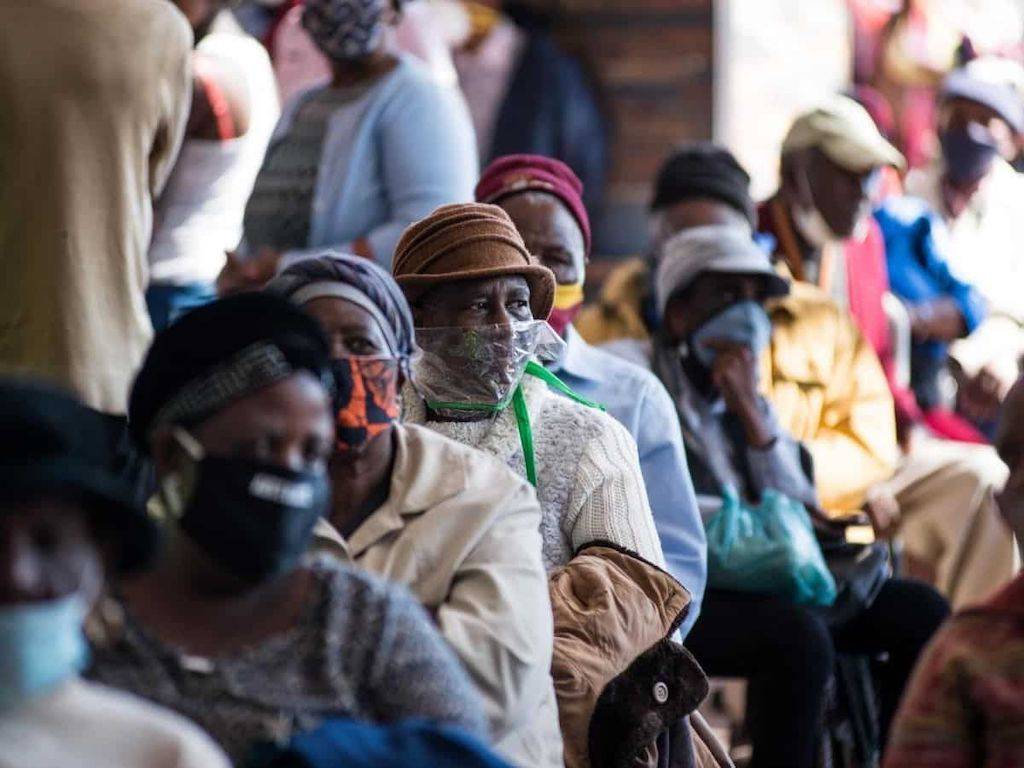
Applying for social grant or getting a ID book sorted can be an enormous hurdle to take.
Not all parents registered their children with home affairs because of illiteracy and money issues. This in turn leads to more problems for the children, the first of which being, that they will not have an ID book. As a result, they cannot attend School, receive medical care, a job or the resulting income.
Together with the department of home affairs we aim to solve cases like this as quickly as possible so clients can have access to all these services and opportunities.
Further, our team assist with grant applications, formal letters, filling in forms for banking and other urgent paperwork, otherwise inaccessible for our clients.
Multiple days a week we provide walk in hours, to help people with getting their paperwork done.
Find out how you can help/volunteer:
bernadette@impact4a.org
Not all parents registered their children with home affairs because of illiteracy and money issues. This in turn leads to more problems for the children, the first of which being, that they will not have an ID book. As a result, they cannot attend School, receive medical care, a job or the resulting income.
Together with the department of home affairs we aim to solve cases like this as quickly as possible so clients can have access to all these services and opportunities.
Further, our team assist with grant applications, formal letters, filling in forms for banking and other urgent paperwork, otherwise inaccessible for our clients.
Multiple days a week we provide walk in hours, to help people with getting their paperwork done.
Find out how you can help/volunteer:
bernadette@impact4a.org
Support
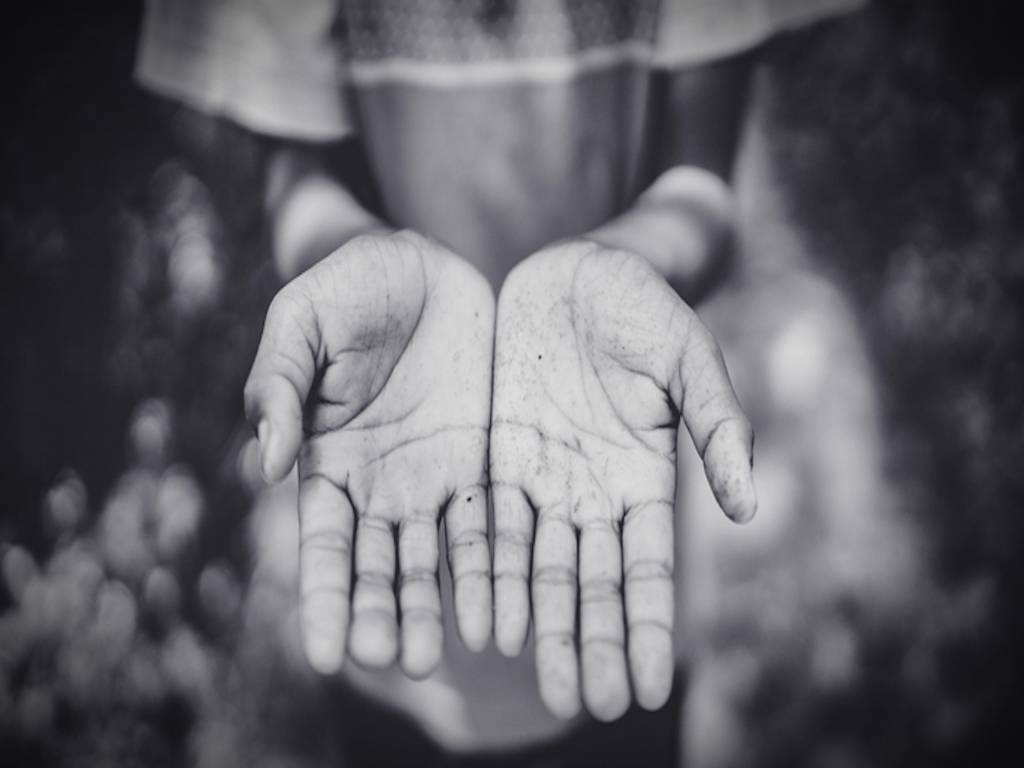
During our work in the community we come across a lot of severe cases where emergency assistance is required. We have seen cases where people have not eaten for days. Cases children can not go to school because they do not have a school uniform. Cases where people require urgent medical attention but there is no transport to the nearest hospital. For these and other situations, where urgent relief is required, we have established the emergency relief fund from where we can assist people when they need it most.
Find out how you can help/volunteer:
bernadette@impact4a.org
Find out how you can help/volunteer:
bernadette@impact4a.org
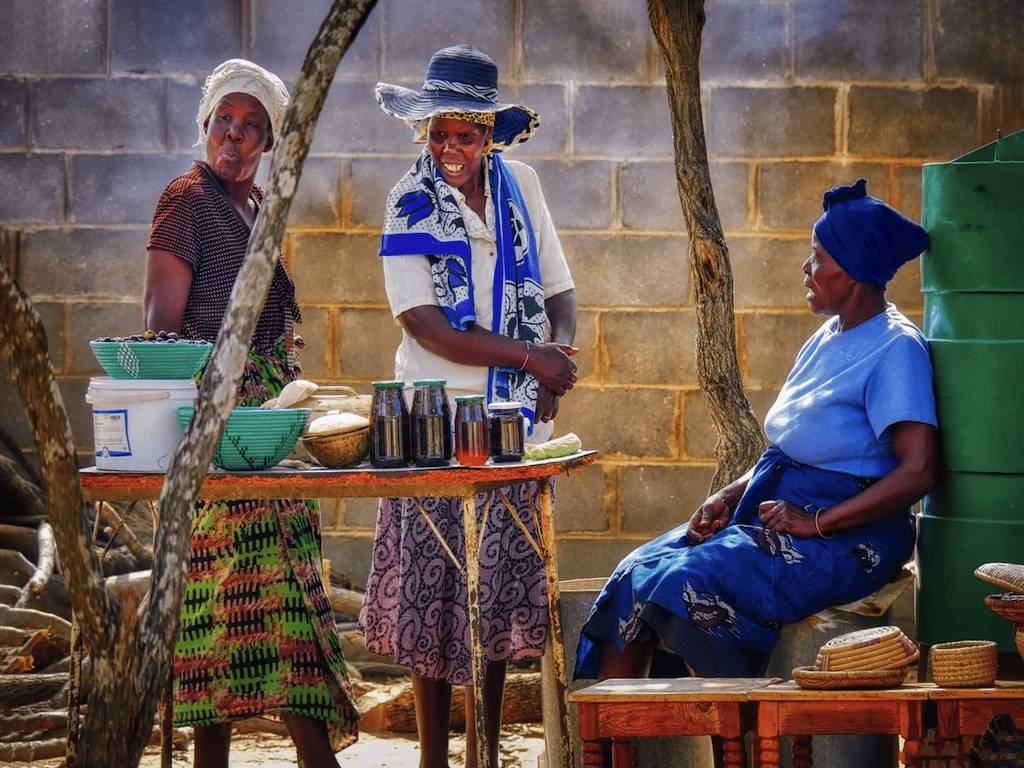
As you might have noticed, our logo contains a traditional cast iron cooking pot that the local women use to prepare dinner on a fire to feed their families. The logo stands for taking care of each other and sharing what we have.
Our food kitchen is a social event where people get together, work together and create a good relationship with our organisation and with each other. The food is cooked together with local woman and shared with everybody that needs to fill their tummy or share a story.
We found, that by organising these events, it helps us to create a relationship where we can address difficult topics and get to know the communities sorrows.
Our focus remains to create and organise sustainable, uplifting programs but sometimes you just need to support people with some food.
Find out how you can help/volunteer:
bernadette@impact4a.org
Our food kitchen is a social event where people get together, work together and create a good relationship with our organisation and with each other. The food is cooked together with local woman and shared with everybody that needs to fill their tummy or share a story.
We found, that by organising these events, it helps us to create a relationship where we can address difficult topics and get to know the communities sorrows.
Our focus remains to create and organise sustainable, uplifting programs but sometimes you just need to support people with some food.
Find out how you can help/volunteer:
bernadette@impact4a.org
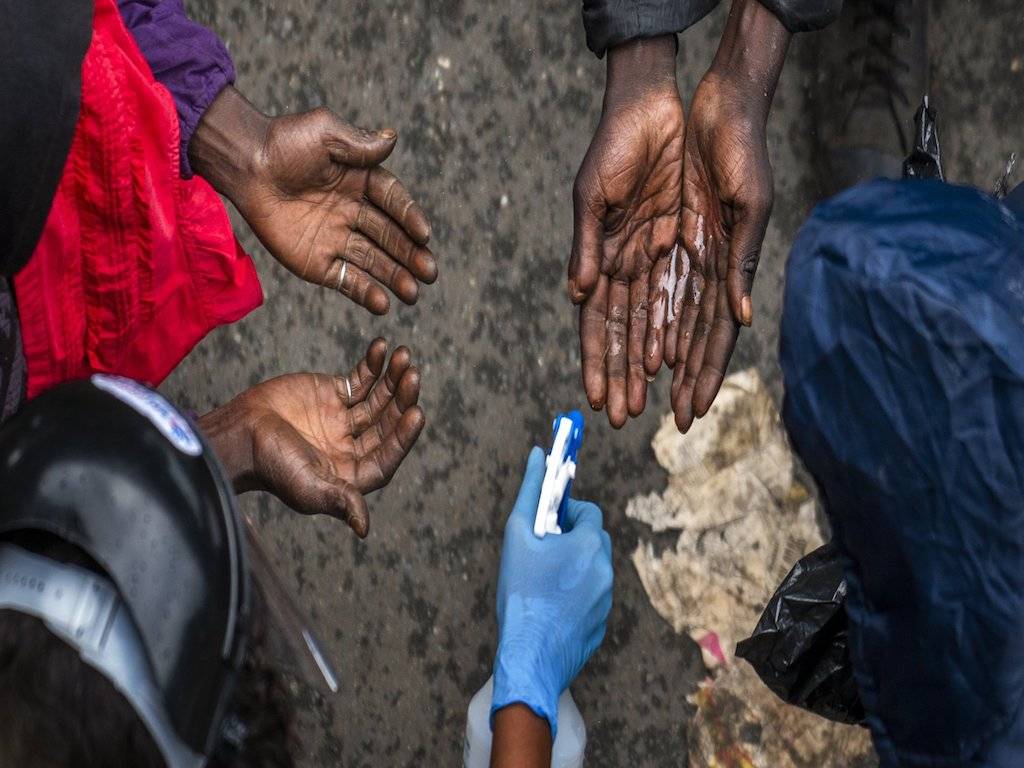
Since the start of the Covid 19 pandemic our team has been in the communities to provide information to the people. They have spread useful leaflets with basic information and how to reduce the risk of getting infected. Since the start of the pandemic our team has reached over 50000 people in the communities.
Projects in development
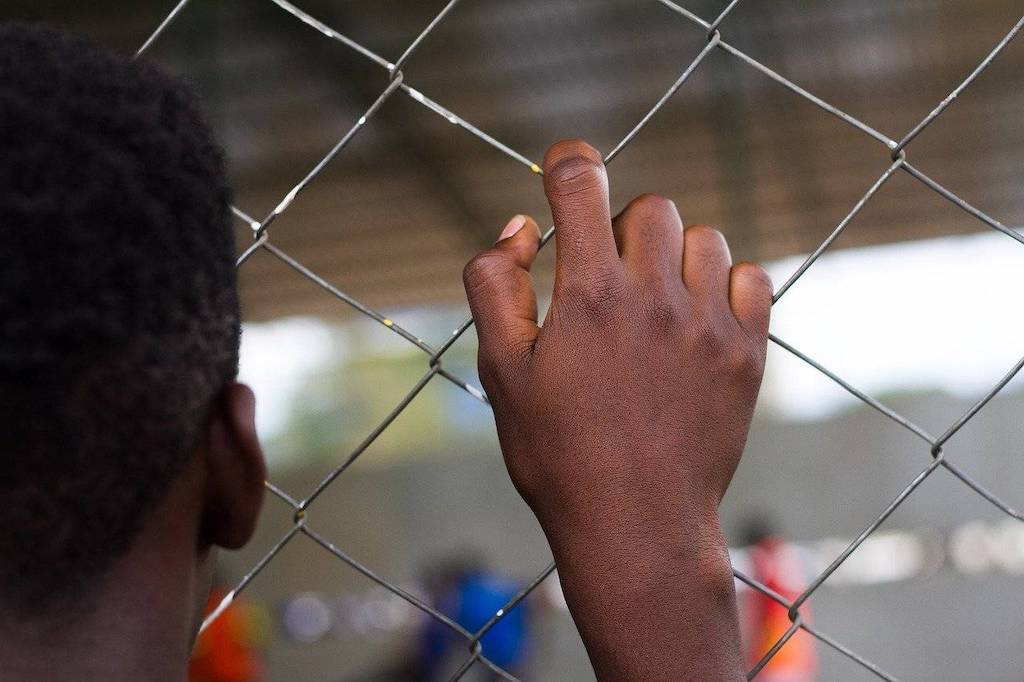
Our communities are currently fighting two major epidemics. Besides HIV/AIDS, Covid 19 has hit the country at full force, leaving kids that don't have a mother, father, or other caretaker.
We always try to place these children with able caretakers within their birth communities, also keeping siblings together. The task is no easy one and sadly, constantly growing. We have started to investigate alternative ways to find solutions. We have been talking about organising and funding home based care houses where we can give orphaned children a safe environment to grow up. The proposal for this project is currently being developed and we are looking for people with an interest in getting involved.
Stay informed about this project and find out how to help:
bernadette@impact4a.org
We always try to place these children with able caretakers within their birth communities, also keeping siblings together. The task is no easy one and sadly, constantly growing. We have started to investigate alternative ways to find solutions. We have been talking about organising and funding home based care houses where we can give orphaned children a safe environment to grow up. The proposal for this project is currently being developed and we are looking for people with an interest in getting involved.
Stay informed about this project and find out how to help:
bernadette@impact4a.org
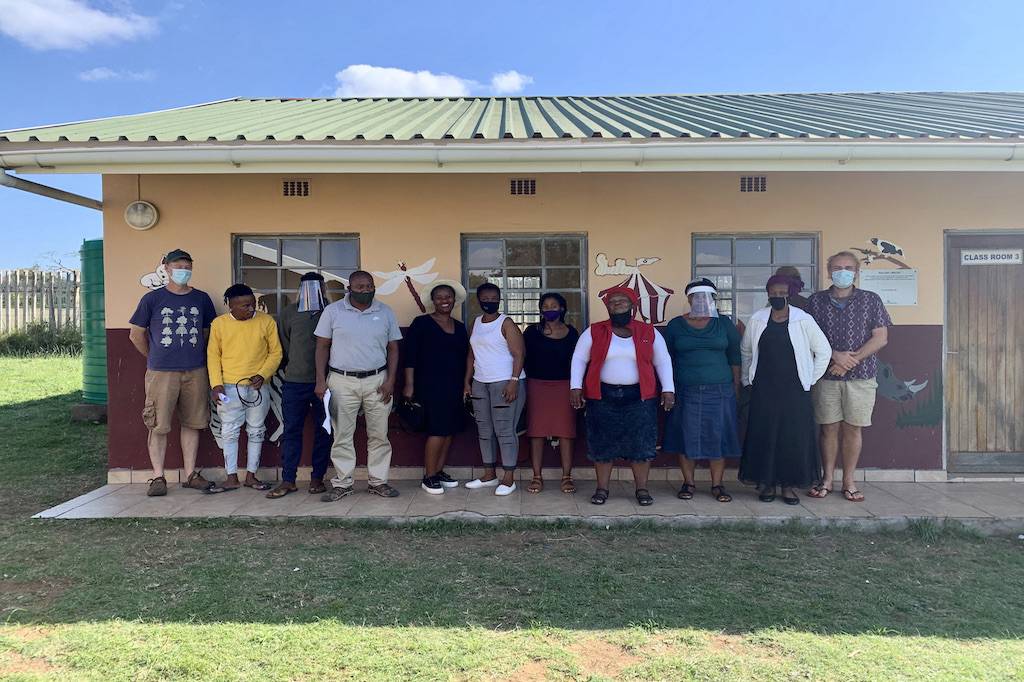
Watch this space. More to follow soon!
